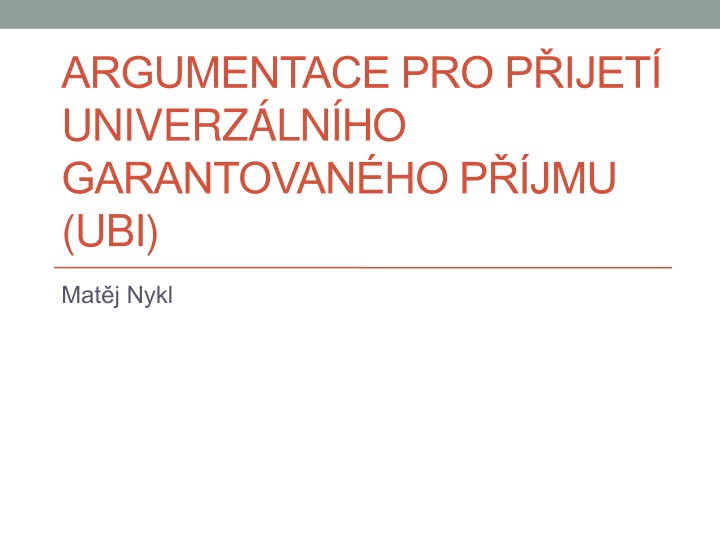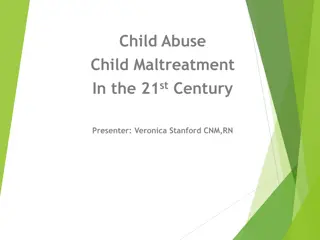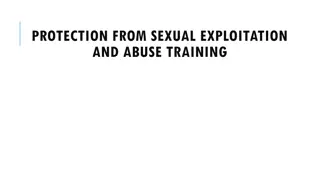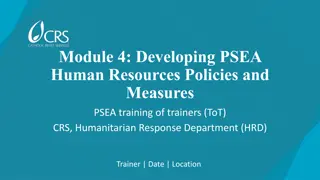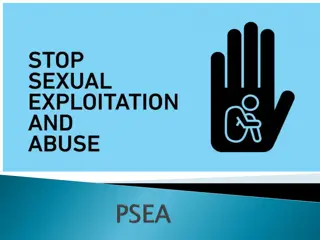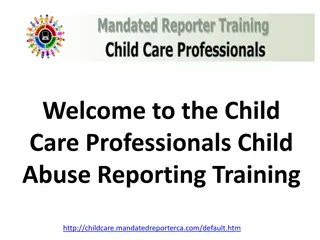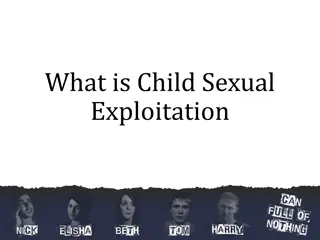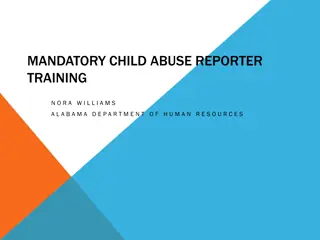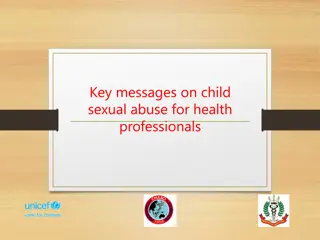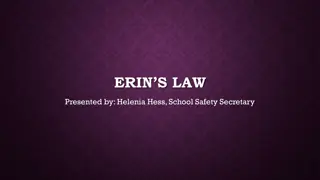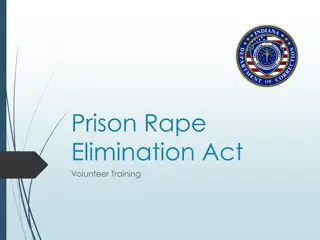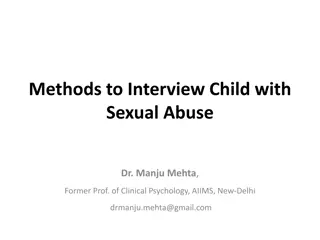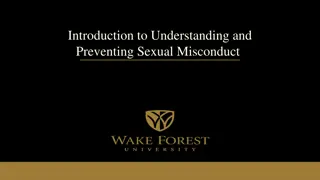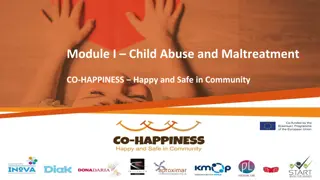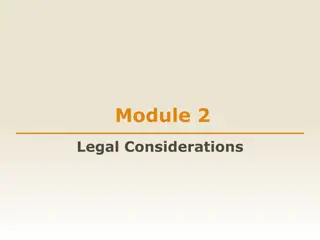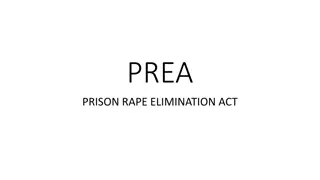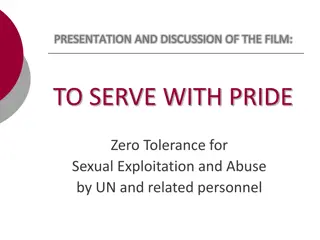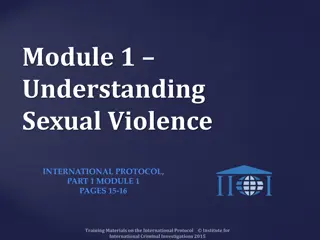Preventing Child Sexual Abuse Training Program
Develop a comprehensive training program in Greece, Turkey, and Latvia to equip counselors, children, and parents with the necessary skills and knowledge to prevent child sexual abuse. The program includes local training sessions, seminars, and the creation of Smart Steps Practice Book and Module. Responsibilities for partners include logo design, outreach to institutions and media, research presentations, and visits to relevant institutions. Turkey is responsible for general planning, data organization, documentation, and material publishing. Latvia focuses on providing a user-friendly project website.
Download Presentation

Please find below an Image/Link to download the presentation.
The content on the website is provided AS IS for your information and personal use only. It may not be sold, licensed, or shared on other websites without obtaining consent from the author.If you encounter any issues during the download, it is possible that the publisher has removed the file from their server.
You are allowed to download the files provided on this website for personal or commercial use, subject to the condition that they are used lawfully. All files are the property of their respective owners.
The content on the website is provided AS IS for your information and personal use only. It may not be sold, licensed, or shared on other websites without obtaining consent from the author.
E N D
Presentation Transcript
ARGUMENTACE PRO PIJET UNIVERZ LN HO GARANTOVAN HO P JMU (UBI) Mat j Nykl
UBI 2 odli n pojet Neoliber ln Omezen st tn ch intervenc do trhu (um l zam stnanost, minim ln mzda) spora p i zru en testovan ch d vek Zaru en ivotn ho minima v em len m spole nosti Welfare pojet Zd razn n redistribuce bohatstv Zv hodn n slab ch jedinc ve spole nosti Tlak na zvy ov n mezd a humanizaci patn ch pracovn ch pozic
Biomoc Michel Foucault Anatomo-politika je zam ena na kontrolu ivota lidsk ho t la a zv en jeho v konu pomoc disciplin rn technologie, zat mco biopolitika reguluje ivot n roda vcelku, jej d lku, kvalitu, porodnost atd. Principy: - aplikace diverzifikovan ch v dn ch obor a potla ov n alternativn ch zp sob uva ov n - ch p n zdrav a demografick ch t mat jako to ve ejn ho probl mu - normativn charakter uplat ovan ho syst mu poznatk a konstrukce normality - administrativa a shroma ov n dat - disciplinace obyvatelstva s vyu it m norem.
Otzky Kter v dn obory ta i ona verze univerz ln ho p jmu aktivuje, resp. in zbyte n mi? Jak je vztah argumentace o prosp nosti univerz ln ho p jmu vzta ena k ve ejn mu zdrav , porodnosti (rodin ) nebo partnerstv ? K jak normalit (jednotlivce, spole nosti) je UP vztahov n?
Van Parijs, Philippe. "Basic income: a simple and powerful idea for the twenty-first century."Politics & Society32.1 (2004): 7-39. by education, training, or active job search; by home care for infant children or frail elderly people; or by regular voluntary work in a recognised association. The operational criterion may be, for non-citizens, a minimum length of past residence, or it may simply be provided by the conditions that currently define residence for tax purposes, or some combination of both. it is therefore obvious that prison inmates should lose the benefit of their basic income for the duration of their imprisonment. paid on a strictly individual basis. Not only in the sense that each individual member of the community is a recipient but also in the sense that how much (s)he receives is independent of what type of household (s)he belongs to.
the relatively rich should contribute more to its funding than the relatively poor. Secondly, there is nothing humiliating about benefits given to all as a matter of citizenship. From the standpoint of the poor, this may count as an advantage in itself, because of the lesser stigma associated with a universal basic income. The other aspect of the unemployment trap generated by means- tested guaranteed minimum schemes is the one most commonly stressed by economists. It consists in the lack of a significant positive income differential between no work and low-paid work a universal benefit need not be a single benefit
By contrast, a basic income is paid as a matter of rightand not under false pretences to homemakers, students, break-takers, and permanent tramps. Not legislators or bureaucrats but the individual workers who can be relied upon to know far more than what is known at the top about the countless facets of the job they do or consider taking. They have the knowledge that would enable them to be discriminating but not always the power to do so, especially if they have poorly valued skills or limited mobility.
Zwolinski, M. (2019). A Hayekian case for free markets and a basic income. The Future of Work, Technology, and Basic Income, edited by Michael Cholbi and Michael Weber (Routledge, 2019). Two elements in Hayek s thought his belief in freedom as a condition of not being subject to the arbitrary will of another, and his well-known skepticism regarding the degree of particular knowledge available to government planners push in favor of something very close to a universal basic income. Hayek s persistent insistence that social welfare payments be limited to those who are genuinely unable to support themselves through work. I do not question any individual s right voluntarily to withdraw from civilisation. But what entitlements do such persons have? Are we to subsidise their hermitages? There cannot be any entitlement to be exempted from the rules on which civilisation rests. We may be able to assist the weak and disabled, the very young and old, but only if the sane and adult submit to the impersonal discipline which gives us means to do so. in which the individual no longer has specific claims on the members of the particular small group into which he was born.
As an example of the sort of impersonal discipline he had in mind, Hayek elsewhere suggested that some voluntary service on military lines might well be the best form to provide the certainty of an opportunity for work and a minimum income for all. According to this principle, those who seek to benefit from the productive activities of society have a moral obligation to make some reciprocal contribution to society. There is no right to free ride on the productive activities of others, at least when one is capable of making a productive contribution oneself. A market economy coordinates knowledge through means of price signals that indicate to buyers and sellers the relative supply of and demand for the various resources they use. In essence, Hayek s point is that government agents (or anybody else charged with making decisions about large, complex systems) are inevitably going to face a serious problem in obtaining knowledge of all the particular circumstances that would be relevant to determining how to effectively allocate resources.
And in order to provide an effective check against domestic coercion, the income should probably be paid to individuals, rather than to heads-of-household. Markets are not only not inherently inhospitable to republican freedom; they are, in fact, often one of the most effective guarantors of that freedom. Taking that exit option is not always easy, but in many cases it is sufficient to protect the freedom of all that the option exists and that some people take it. For government is, after all, the only institution within society to claim and generally possess an effective monopoly on the use of force. And this monopoly on force is often used to establish and maintain other monopolies: on roads, on the delivery of regular mail, on the creation and enforcement of criminal law, and so on. Because individuals who value these services have nowhere else to go, they are often left with no practical alternative to complying with the government s demands.
When that with which individuals have to comply is no longer the law but some bureaucrat behind a desk, or some officer behind a badge, with the practically unchecked power to apply the law in whatever way he or she sees fit, then individuals are no longer fully free. Competition protects choice and limits coercion; monopoly inhibits choice and makes coercion more likely. And government is the ultimate monopolist. A system of redistribution aimed at eliminating coercion will not have the aim of reducing suffering as such, but only a certain sort of suffering caused by the subjection of one individual to the will of another. Taxation is theft. you do not have a right to the painter s services, whereas you do have a right to life-saving water in the case of an emergency. An offer of an unpleasant job from an employer is (generally) not coercive because it simply adds one option to whatever options one already has, and one does not generally have a right to work, or a paycheck, from any particular person.
